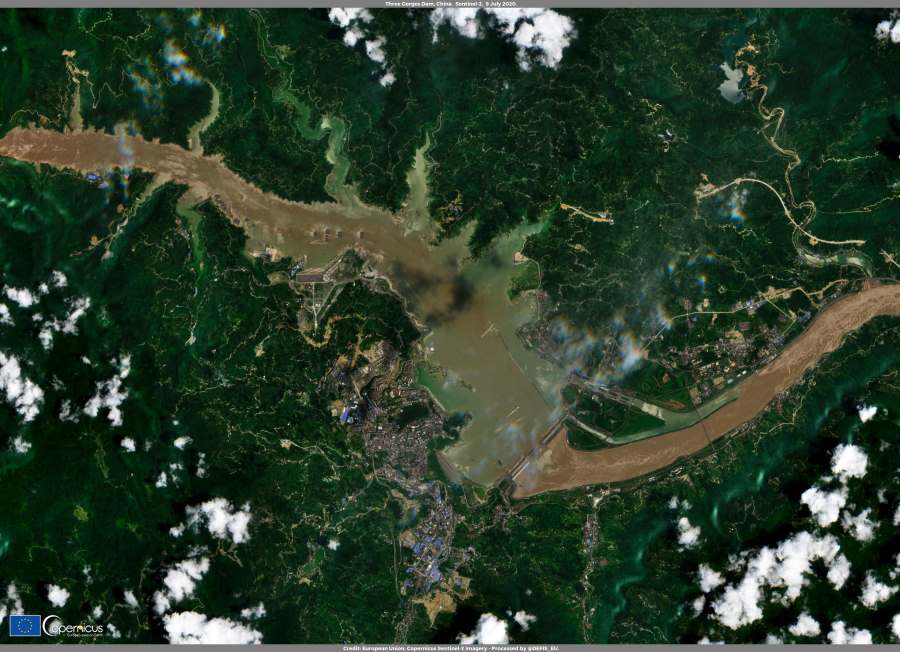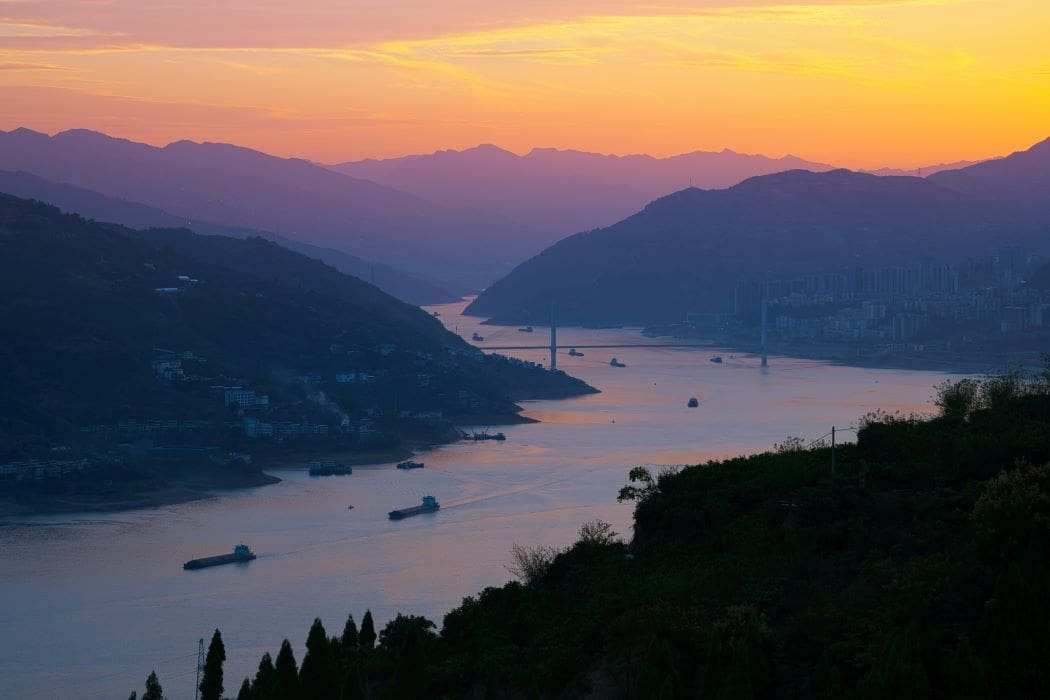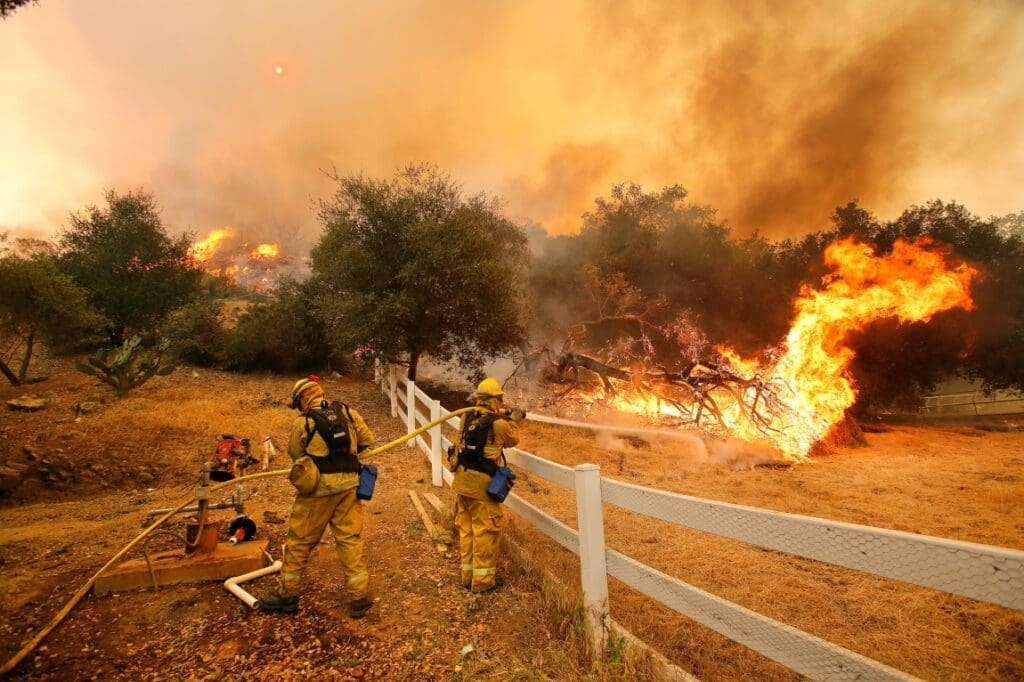Summary:
Wetlands in the Middle Yangtze River Basin (MYRB) are facing growing ecological pressures due to climate change and human activities.
A study published in the Journal of Geographical Sciences examined changes in wetland ecological quality from 2001 to 2020 and projected future trends under various climate scenarios. Researchers from the China University of Geosciences and the National University of Singapore used advanced modeling techniques to analyze habitat shifts, finding that urbanization and agricultural expansion are key drivers of degradation.
Their projections suggest significant wetland loss and declining habitat quality under high-emission scenarios, with urbanized areas experiencing the greatest ecological strain. The findings emphasize the importance of targeted conservation measures to protect the MYRB’s wetlands, which are vital for regional biodiversity and ecosystem stability.

Future of wetlands: predicting ecological shifts in the middle Yangtze River Basin
Wetlands in the Middle Yangtze River Basin (MYRB) are facing significant ecological challenges due to climate change and human activities. A recent study investigated the spatiotemporal changes in wetland ecological quality from 2001 to 2020 and projected future trends under different climate scenarios.
Using advanced models, researchers found that wetlands are increasingly threatened by urbanization and agricultural expansion, with notable declines in habitat quality. The study highlights the urgent need for targeted conservation strategies to mitigate these impacts and preserve the region’s biodiversity.
Wetlands are among the most productive ecosystems on Earth, providing critical services such as water purification, flood control, and habitat for diverse species. However, they are under severe threat from land-use changes, climate change, and human activities.
Over the past century, approximately 50% of global wetlands have been lost to industrial, agricultural, and urban development. In the wetlands in the Middle Yangtze River Basin (MYRB) , rapid urbanization and land reclamation have led to significant reductions in wetland areas, posing risks to regional ecological security. Based on these challenges, there is a pressing need to conduct in-depth research on wetland dynamics and their future under changing environmental conditions.
The study, published in the Journal of Geographical Sciences by researchers from the China University of Geosciences and the National University of Singapore, examined the ecological quality of wetlands in the MYRB from 2001 to 2020. Using the random forest algorithm and the PLUS model, the team projected future wetland habitat quality under various climate scenarios. The research provides critical insights into how wetlands may evolve under different socioeconomic and environmental conditions, offering a foundation for future conservation efforts.
The study revealed that from 2001 to 2020, forests and water bodies in the MYRB experienced significant changes, with forests increasing by 3.9% under the SSP1-2.6 scenario but decreasing by 1.2% under SSP5-8.5. Wetlands, primarily concentrated in the central and eastern MYRB, showed high ecological quality in the southwest but faced degradation in urbanized areas.
The research projected that under the SSP2-4.5 scenario, wetland areas would decrease by 13.3% by 2080, while the SSP5-8.5 scenario predicted severe habitat degradation due to rapid urbanization and agricultural expansion. The study also highlighted that areas with lower habitat quality were predominantly in urban zones, emphasizing the impact of human activities on ecological degradation. These findings underscore the vulnerability of wetlands to future environmental changes and the need for proactive conservation measures.
Dr. Yang Peng, the lead author of the study, stated, “Our findings highlight the critical role of wetlands in maintaining ecological balance and the urgent need for policies that address the dual pressures of climate change and urbanization. Without targeted interventions, the degradation of wetland habitats could have far-reaching consequences for biodiversity and ecosystem services in the Yangtze River Basin.”
The study’s findings have significant implications for land-use planning and wetland conservation in the MYRB. By identifying areas most vulnerable to ecological degradation, policymakers can prioritize conservation efforts and implement strategies to mitigate the impacts of urbanization and climate change. The research also provides a framework for future studies on eco-hydrological processes, offering valuable insights for sustainable development in other river basins facing similar challenges.
As wetlands continue to play a crucial role in global ecosystems, this study underscores the importance of integrating ecological considerations into regional development plans.
Journal Reference:
Yang, P., Sun, K., Zhu, Y. et al., ‘Wetland and habitat dynamics in the evolving landscape of the Middle Yangtze River Basin’, Journal of Geographical Sciences 35, 88–111 (2025). DOI: 10.1007/s11442-025-2314-7
Article Source:
Press Release/Material by IGSNRR | Chinese Academy of Sciences (CAS)
Featured image credit: Yux Xiang | Unsplash




